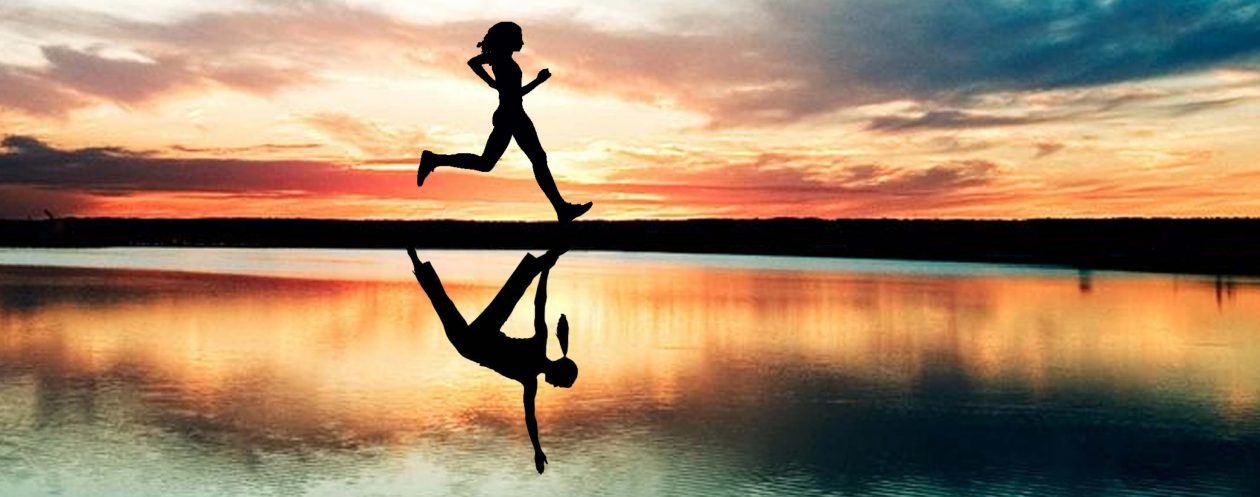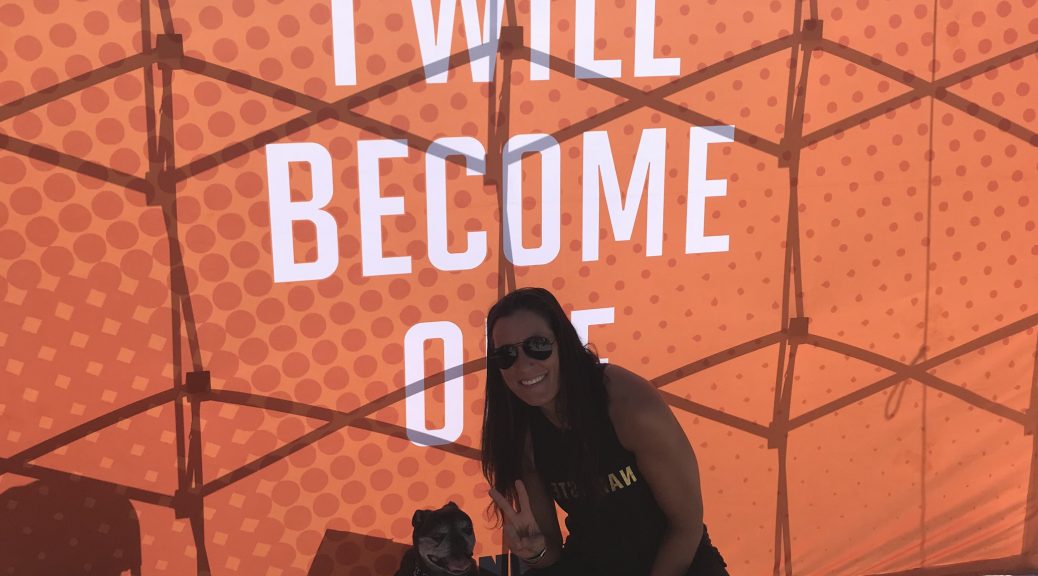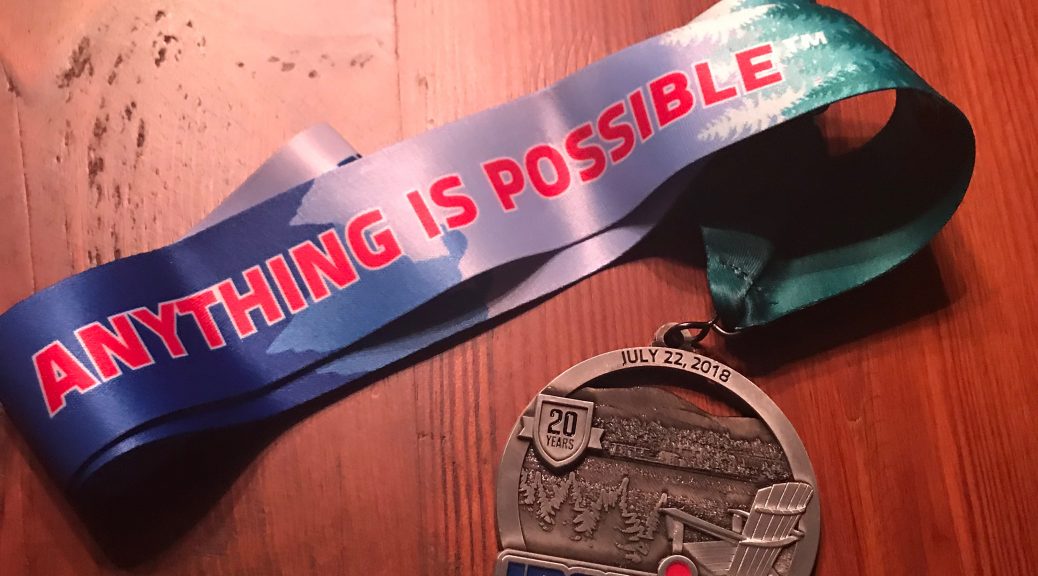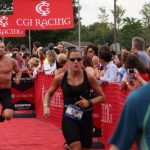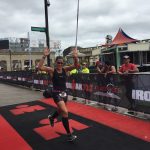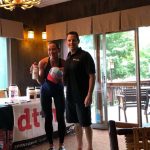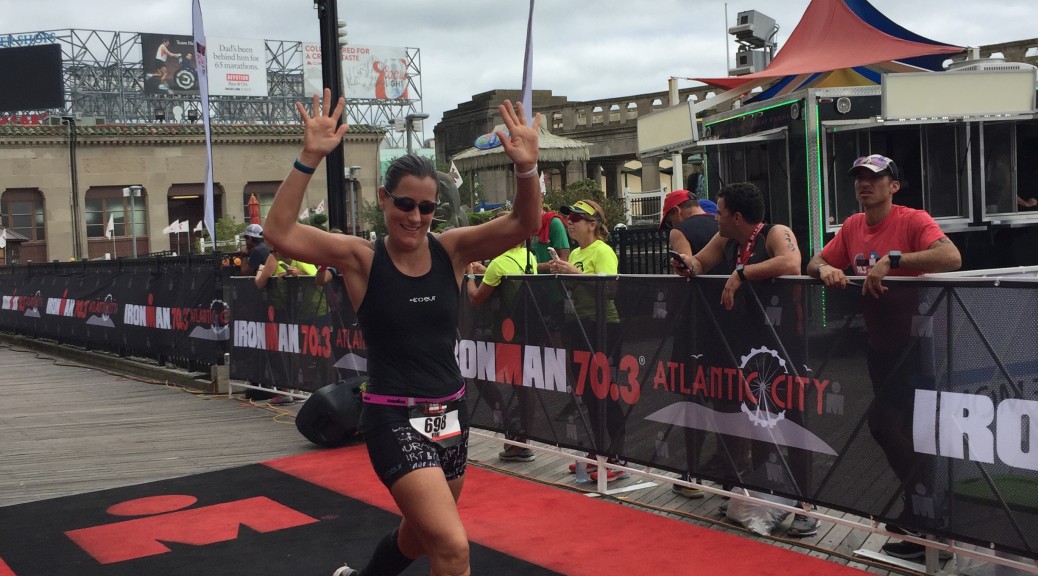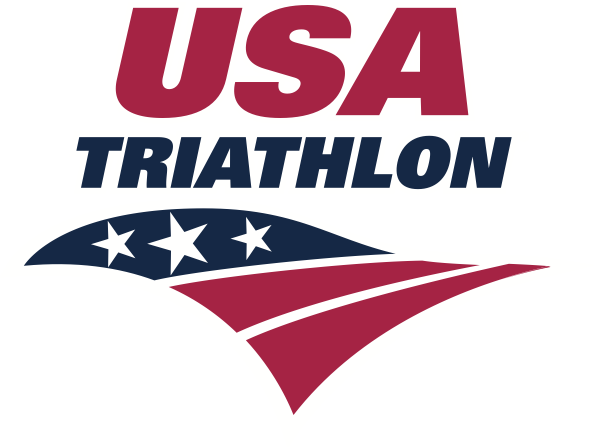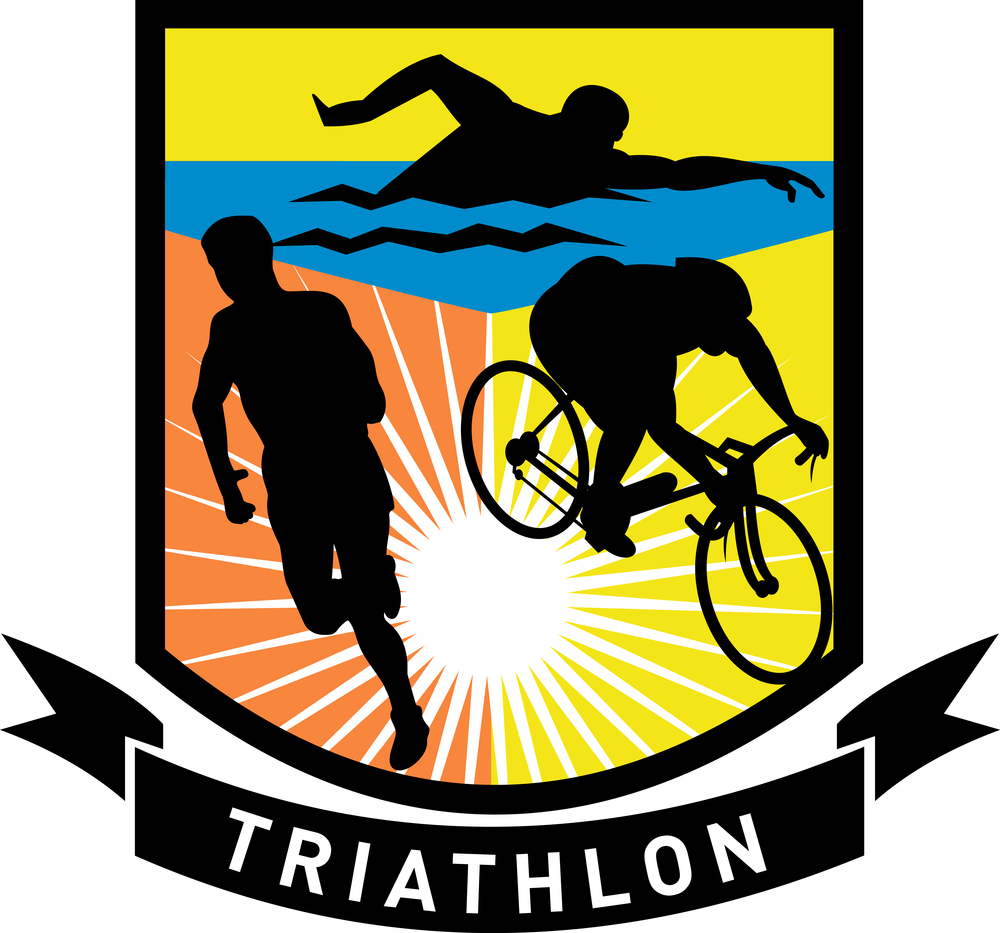PART 2: What it takes to go the distance.
Training for an Ironman can be an extremely rewarding and life-changing journey. However, it requires lots of preparation, a strong commitment, and some sacrifices.
Here’s what you need to do to prepare:
MONEY:
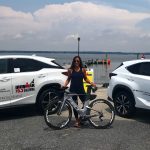
- Training for Ironman is not an inexpensive thing to do. The racealone can cost close to $900 just to enter, but then you will need the proper gear/equipment- clothes (bathing suite, bike shorts, tech tees, running shorts, socks, etc..), swim goggles, wetsuit, a road or tri bike, helmet, a pair or 2 of running shoes, and an indoor bike trainer.
- Then there’s everything you’ll need over the course of your training: gym or pool memberships, specialized nutrition gels/drinks/bars, bike parts and maintenance (i.e. spare tire tubes and tune ups), sunscreen, chafing creams, first-aid materials, food, doctors copays, entry to shorter races to help prepare you for the big day… the list can be endless.
- Slowly but surely, other costs will begin to sneak in so be prepared to spend a pretty good chunk of change.
TIME AND TRAINING:
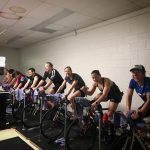
- You’ll need a plan that maps out what sport to do each day, for how long and what type of workout to do.
- Be ready to train 25+ hours a week.
- Be prepared for early morning workouts that last 2-3 hours- I got up everyday at 3:45am to swim, bike, and/or run before going to work. On the weekends you can expect to go longer; upwards of 6-8 hours if your doing a long ride or long brick (when you do two sport in one day, i.e. bike & run).
- I highly recommend hiring a coach (you can add this to the list of expenses). Ironman is no joke and not something you should go into lightly. If you’re going to do it, do it right! (Chris Draper of dt+n)
NUTRITION:

- All the training in the world won’t prepare you for a race that youaren’t fueled properly for. A big key is not only to stay hydrated, but to be sure you know your caloric needs so that your body can go the distance. Figure out how many calories you need to take in every hour for your long training sessions. For me, I shoot for 300 calories an hour.
- You need to start practicing nutrition very early on in your training. You need to train your body to digest the fuel you’re using so you don’t suffer from any GI problems on race day. I am a big fan of Cliff blocks (salted watermelon) and Honey Stinger Waffles (choc/vanilla) along with GU Roctane that I add to my water. Proper fueling is CRITICAL. You could get away with not fueling for a sprint or an olympic distance race, but not an Ironman.
SLEEP:
- Sleep is critical to help with recovery. You need your sleep and should try to get at least 7 hours a night.
- No more late nights or parties on the weekend. You need to think about how your spend your energy. Is it worth sacrificing your training the following day?
MENTAL STRENGTH:
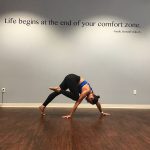
- As with many challenges, the right frame of mind and mental toughness can make a big difference. Your longer rides and runs are the perfect time to practice mental toughness. Find a positive mantra you can repeat to yourself when the going gets tough. Know that everyone has low points during a race, dealing with them, keeping moving and staying positive will carry you a long way.
- Yoga is a great way to help with mindfulness, in addition torecovery. Take a yoga class, learn how to stay positive, be present, and keep breathing. These tools can be incredibly helpful come race day!
SUPPORT:

It takes a village. When you train for an Ironman you never train alone.
- Get your family and friends involved. You’ll need people to help support you when your tired, question your sanity, feeling unmotivated, or just need a little pick me up. Plus it’s nice to have people who will listen to your endless talks about triathlons and training!
- See a doctor. Be sure to check in with your physician before you tackle such a big endurance event. Make sure your body can handle all the stress you are about to place on it. And during training, if an injury should arise, take care of it immediately. Seek professional help and support rather than trying to take care of something on your own. It may suck in the short term, but will help you out tremendously in the long run. My sport medicineguy became my best friend. He helped me with all my plantar fasciitis troubles so that I could still train and not suffer further injuries. Also, tell your coach if something’s going on. He can always substitute workouts for you and keep your training right on track! (Dr. Peter Wenger)
- Find a good chiropractor. I saw my guy every week for adjustments, ultrasound therapy, and graston treatments for my foot. He was a critical piece to helping making sure I got to the start line. (Grossman Chiropractic)
- Treat yourself to monthly sports massages. I saw my massage therapist at least once a month. Sports massages can reduce recovery time, promote flexibility, reduce fatigue, improve

My girl Natalie! Her hands are magic! endurance, help prevent injuries and prepares the body and mind for optimal performance. (Natalie Johnston of Run Fit)
- Acupuncture can do amazing things! I went every other week to help loosen my glutes, IT band, calves and feet. It was amazing! (Relief Acupuncture)
- Find a good bike shop, one that you trust and will be there to help prepare you for race day. Be sure to train on your bike regularly so that you know how it handles and rides. Get used to shifting gears, changing tires, etc… Make sure you have your bike serviced before the race to ensure it’s in working order. (My fave is Halter’s Cycles)
After all the money and time you will put into training, remember that the race is the reward. Go into it with a positive attitude. Embrace each moment and be sure to thank your body for its incredible work & always showing up, and all of the people who have been a part of your journey. Smile at all you have accomplished and be sure to enjoy every step. You CAN go the distance and in the end when your name is called out with the words YOU ARE AN IRONMAN it will all have been worth it.
